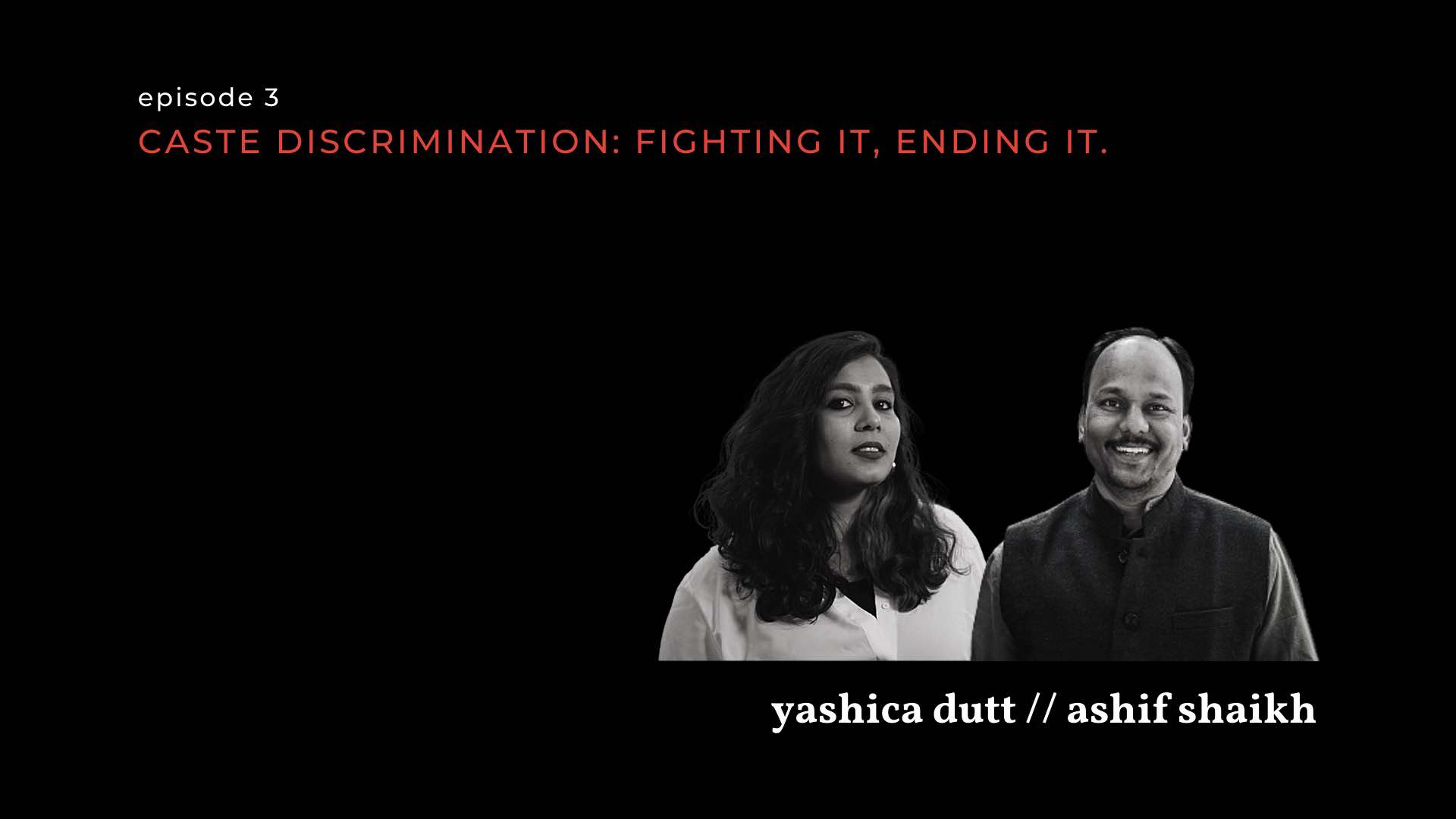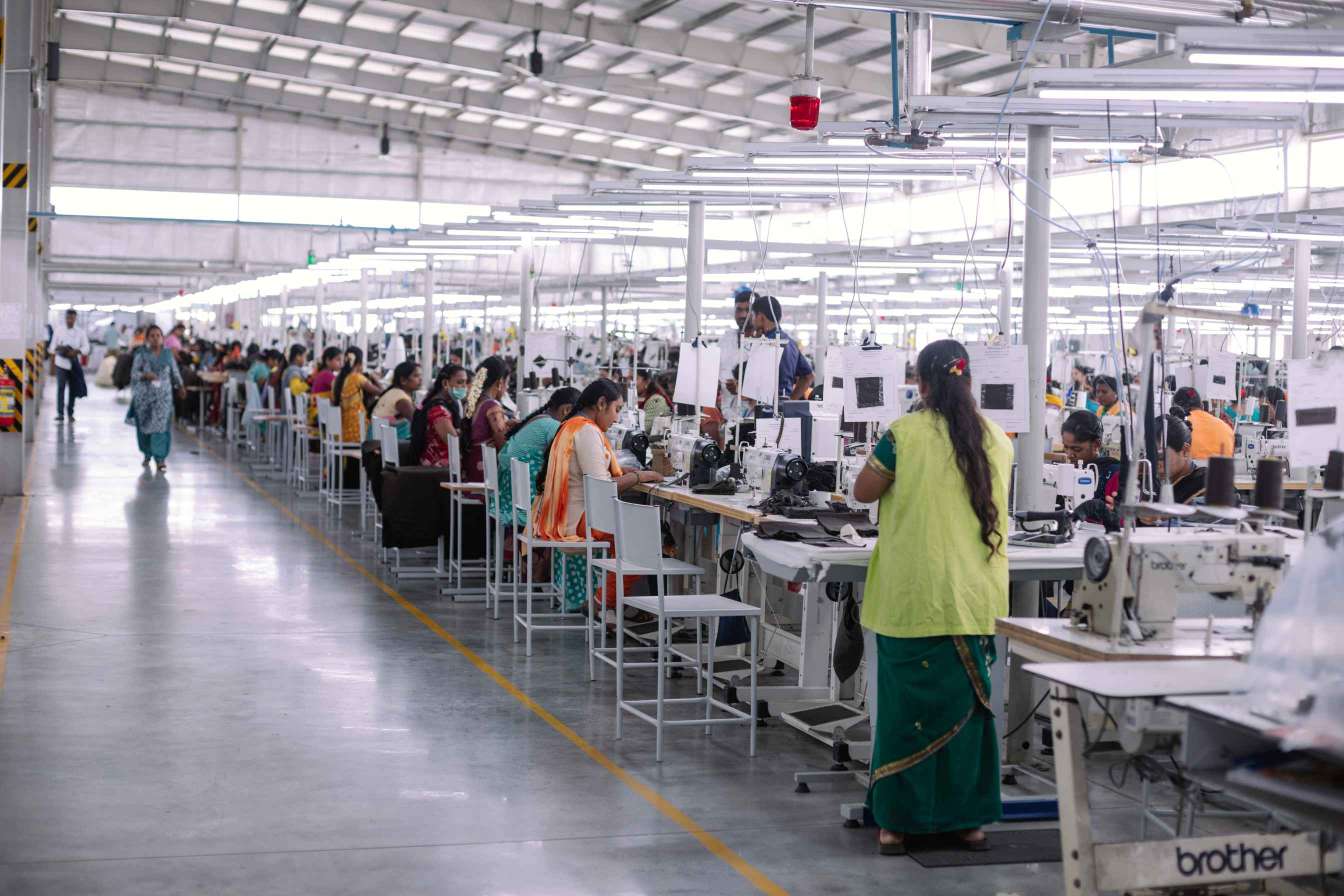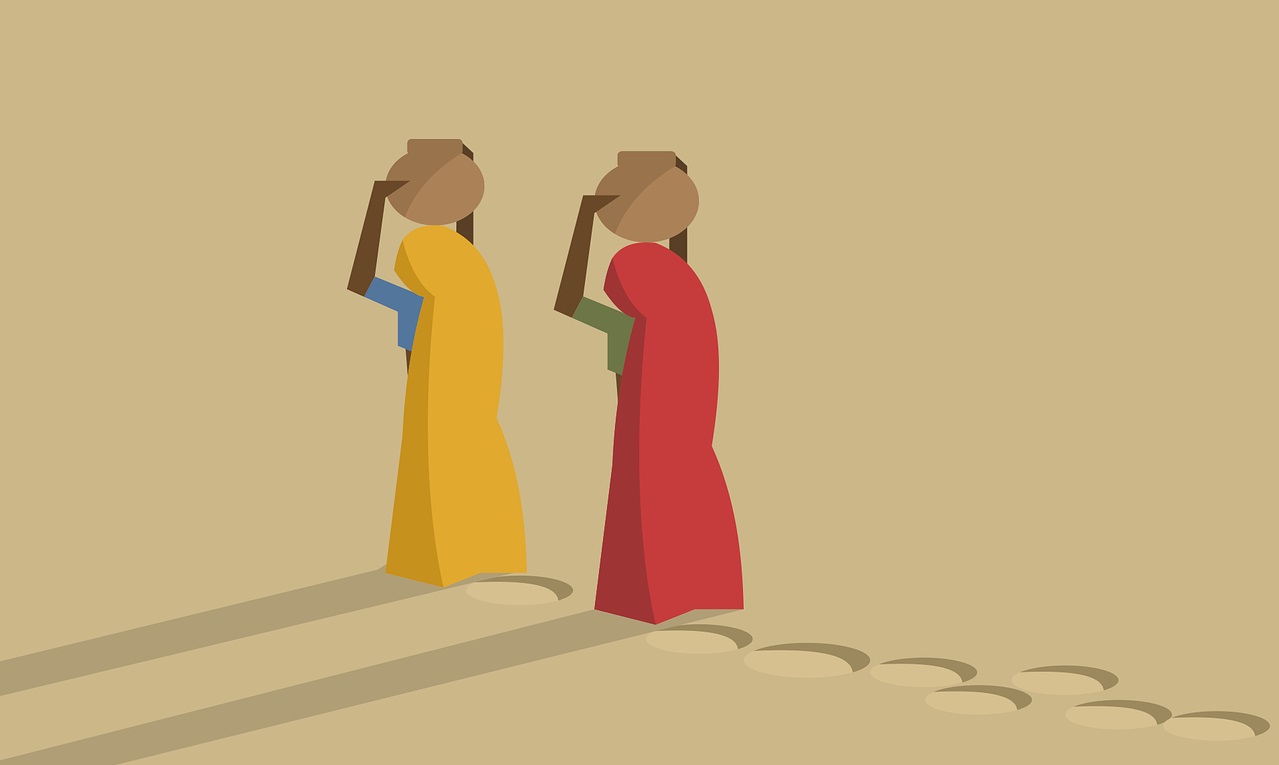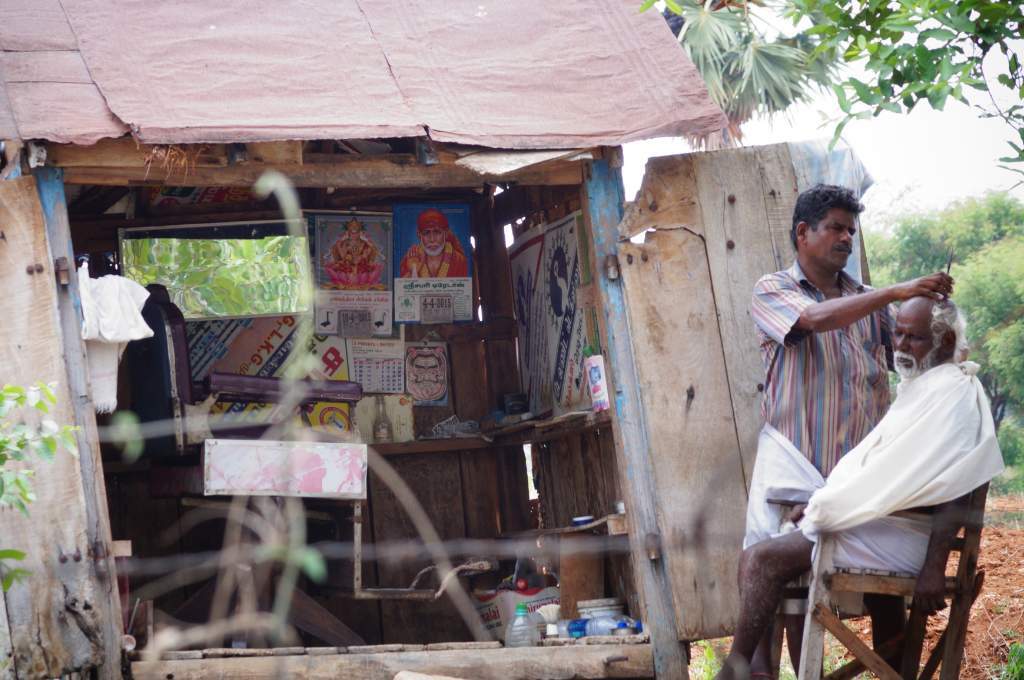Rohini Nilekani is one of India’s best known philanthropists. She is the Founder-Chairperson of Arghyam, a foundation she set up for sustainable water and sanitation, which funds initiatives all across India. She has also been a journalist, author, and Founder-Chairperson and chief funder of Pratham Books, a nonprofit children’s publisher. In 2017, she, together with her husband Nandan Nilekani, signed the Giving Pledge, which commits half their wealth to philanthropic causes.
Naushad Forbes is Co-Chairperson of Forbes Marshall, India’s leading steam engineering and control instrumentation firm. He is a past president of CII (Confederation of Indian Industry) and the chairperson of the ‘India@75’ Trust—an industry-led movement to create a morally, economically, and technologically advanced country. Naushad was also visiting faculty at Stanford University for close to two decades.
Edited excerpts from the episode:
Rohini Nilekani
“Of course, a good market is that which helps to increase the public interest, right? Which helps to increase prosperity, not just of a few, but of all; and hopefully without harming the home in which we all live, which is planet Earth. So, a good market should be something like a conversation, not a dialogue of the deaf. It should be a way where you can discover pathways among people, among societies, among nations; to discover what things and services of value can be traded in as fair a way as possible. So, in today’s 21st century environment, there are so many questions to ask about how there has been what we call ‘market failure’, or what I prefer to call societal failure. Because when societies (samaaj) and the state—that is the sarkaar—are not able to create the leadership, the institutions, the governance, which can rein in excessive market power, then it’s really a societal problem and a state problem. So I look forward to a world where samaaj, sarkar, and bazaar can be in a better balance.
My simple philosophy is that societies came first, people came first, and that people created both the state (the sarkaar) and markets (the bazaar), to enable people to reduce conflict among themselves, and therefore, to create more efficiency, more productivity, more prosperity for everybody, not just for a few. So something in that balance has gotten skewed, and instead of samaaj being the first sector, somehow we have relegated civil society and its institutions to being called the third sector. I think we need to set that right at the outset, if we are going to make sure that the state and the markets are much more accountable to the larger societal interest.”
Naushad Forbes
“How do we actually enable markets to work for people who are most disadvantaged? It seems to me that the way in which you do that is by investing in capabilities and skills of people. When you invest in education, you enable people to participate in more and more productive activities. And if you’re talking economically, if you’re talking about livelihoods, then it enables people to participate in markets where they’re able to earn good salaries, earn a good livelihood, and get the rewards that an efficient operating system can deliver.
Now, there are many failures that take place in markets. The environment is one of the areas where there have been significant market failures; where the cost of pollution is not something that markets have factored in—unless you explicitly bring that into the calculation that you want to achieve. And it’s possible to move in that direction; to start bringing in costs of polluting into market mechanisms to make them more efficient. It’s possible for states—and civil society more broadly—to tax itself such that it invests in education and capabilities for all people in a society, such that they can participate in markets. And it’s possible at the same time, to create a kind of minimum standard that says that these minimum standards have to be achieved, because anything below this minimum standard would not be acceptable in a civilised society. And so you say this is the minimum standard we have to achieve, regardless of what the market outcome might perhaps be.”
Rohini Nilekani
“I think we do need the government to start creating better regulation—not regulation that kills markets, not regulation which kills innovation—but regulation which creates fair competition. I think competition is reducing instead of increasing. Again, we have seen how so many sectors that were more competitive are becoming oligopolies, if not monopolies. And that’s not good, it’s not good. And I know this more about the tech sector than other sectors, that the power of some of these big players has become so vast, that when innovations do pop up, they just swallow them up into their own stable. I mean, that’s not what we call perfect competition, right? You want the government to be able to enable competition and innovation coming from everywhere. So how does the government enable better, healthier competition? Which means it must also look at how a small entrepreneur with a very good idea, does not have to take far more risk in putting his innovation out than a big player.
I think that goes back to the welfare role of government too. You cannot separate the idea of innovation and entrepreneurship, from a safety net, a safety social network, all of society. Because otherwise, you’re distributing risk unfairly. When a small entrepreneur does not have the safety net of public health, public education, disaster management, risk of absorbing failure. Whereas the big guy has all of that—access to private education, private healthcare, private capital, private, whatever, then you’re not distributing the risk of innovation fairly. So that’s where the government has to step in to create fair competition, a welfare net, which I think is very much involved with creating good markets. And then of course, regulation for excessive power, and oligopolies-monopolies. And lastly, making capital available to all in the right doses at the right time, without you having to sell your soul for it.”
Naushad Forbes
“If you look at what’s happened in the last 150 years, I think more and more people in the world have been able to participate in activities from which they have then benefited. So, they have been able to participate in what we would call the modern economy, in more and more countries, to a greater and greater extent in their populations. And the same is true of us as a country. Since 1991, in these last 30 years, we’ve seen a greater reduction in the percentage of the population below the poverty line, than in our previous history. So, these are all indications that markets deliver at the end of the day, a degree of prosperity, which any alternative system tends to struggle with.
So, you address the issues that come up as people participate in a market economy. You address issues as we spoke earlier of market failure, so that you give people an education so that they can participate effectively. You ensure a certain minimum threshold; you do all of those things to take care of matters. But at the end of the day, if you say that the government should try and regulate how a market operates, I worry. Because I think you need to have various mechanisms that would make markets operate more equitably and efficiently. But having the government decide, I worry.”
Rohini Nilekani
“The problem is, all of us, me included, we want to speak and we want to show how right we are all the time. And we want to show that therefore you are wrong. If I’m right, you have to be wrong. We have an existential problem before us, and instead of more polarisation, how can we have confidence in ourselves to hold on to the grey, to occupy the grey, to occupy those rich spaces between black and white, where we can ask questions, not judge the other person or the other idea, and discover more and more of how we move together to first of all, get us out of the existential threat that we are facing right now? And then unleash more creativity. Because the minute I shut you down, I shut down the potential of your ideas and your innovation. The more you shut me down, you do the same to me. I think we need to right now learn how to hold and express doubt, and use our critical reasoning, and do it without fear of reprisal, without fear of being hounded in social media. And we need to recover those spaces of speaking maturely without judging and without attacking. Let’s listen. without judgment. Let’s occupy the grey to understand its nuances and riches.”
—
Read more
- Transforming systems: Why the world needs a new ethical toolkit
- Redesigning the aeroplane while flying: Reforming institutions
- Addressing inequality in India
- Wealth of India’s richest 1% more than 4-times of total for 70% poorest: Oxfam
- India must come to terms with inequality: Thomas Piketty
- IDR Interviews | Muhammad Yunus
- Amitabh Behar on the changing nature of civil society
- Why we must listen to farmers
- Creating the resilience to dream
- Bringing informal workers to the forefront of our economy
- How do you solve a problem like livelihoods?
- The Tyranny of Merit: What’s become of the Common Good
- We need new practices and ideas
- A new paradigm for rural livelihoods





